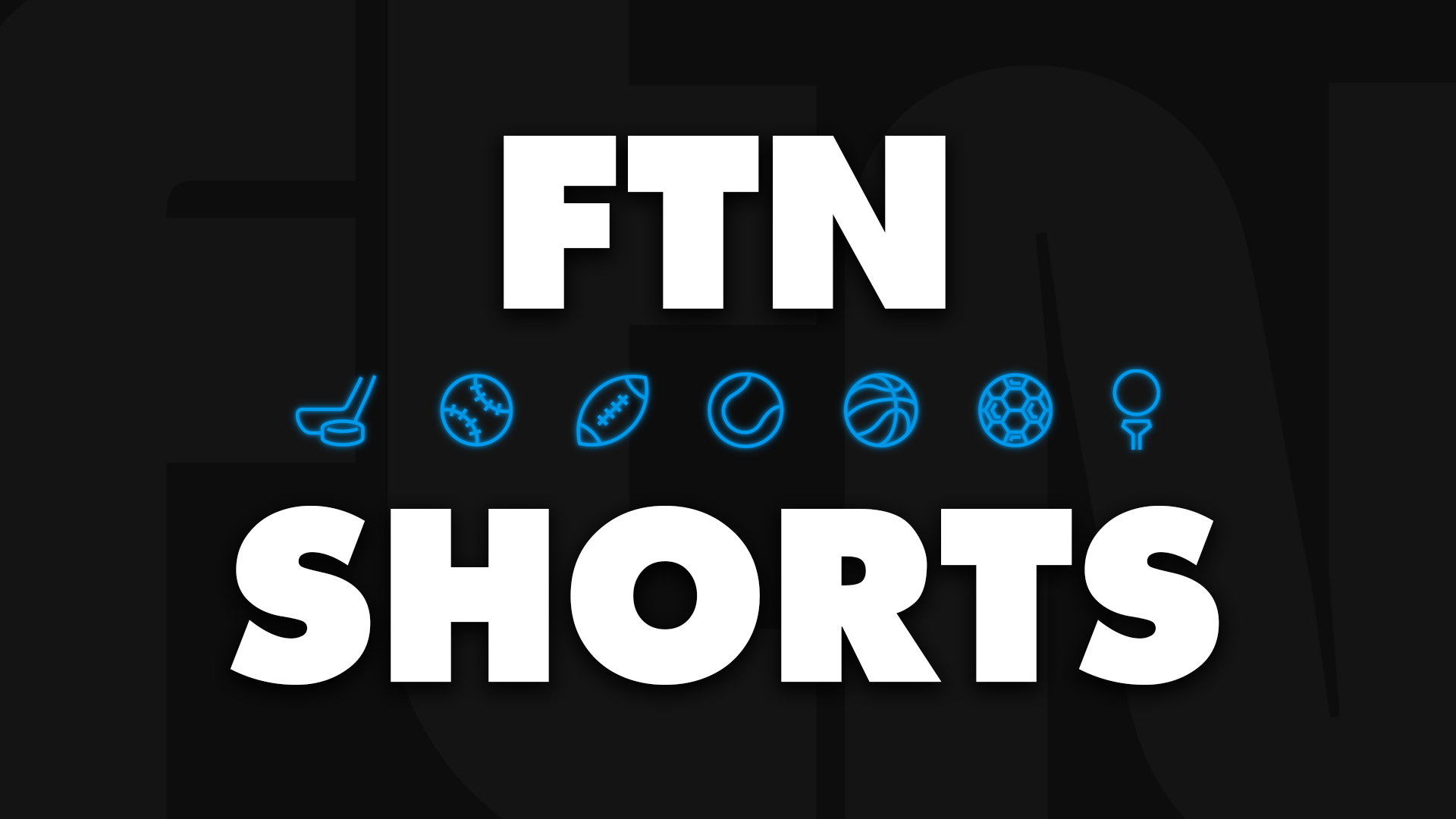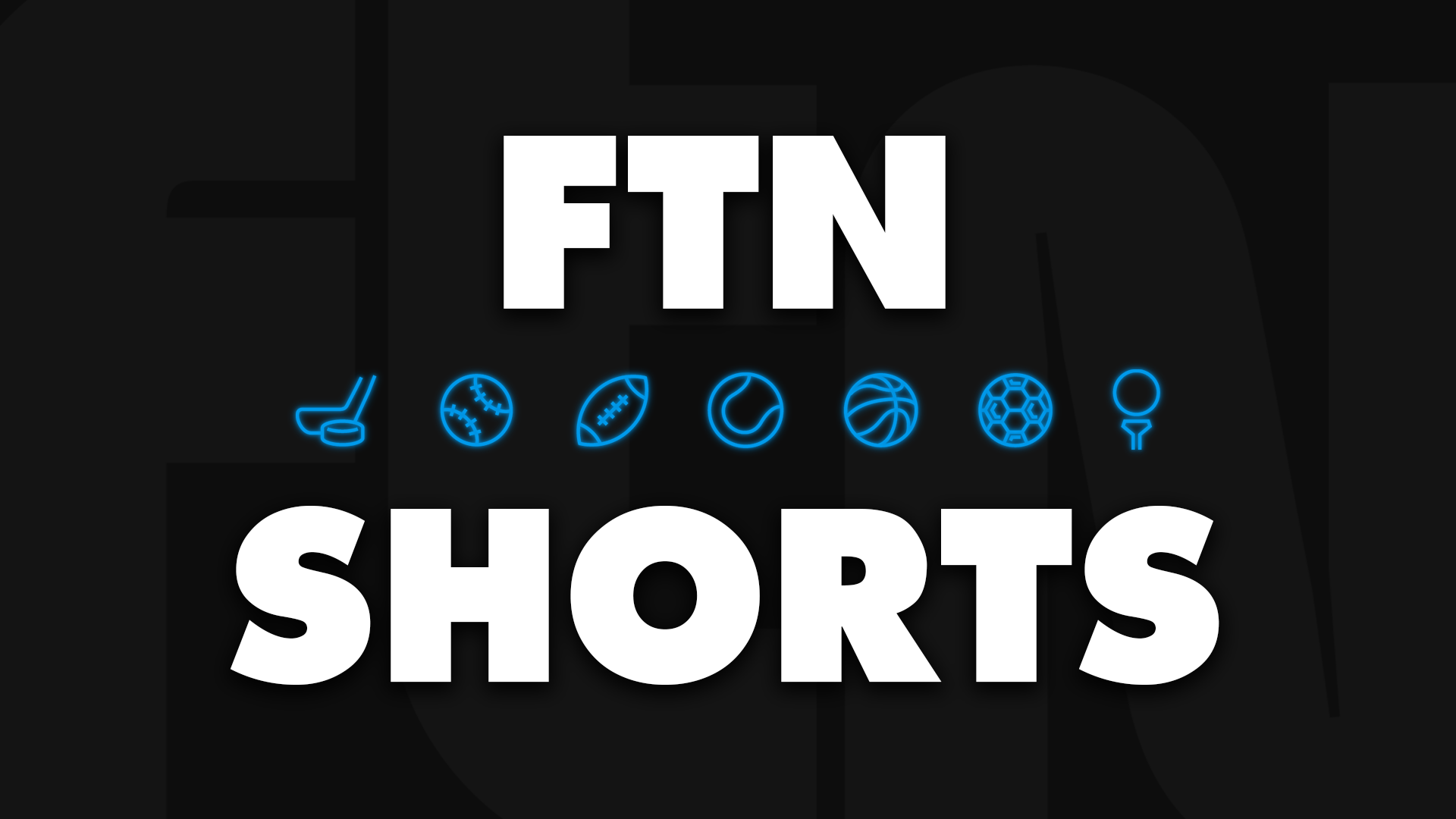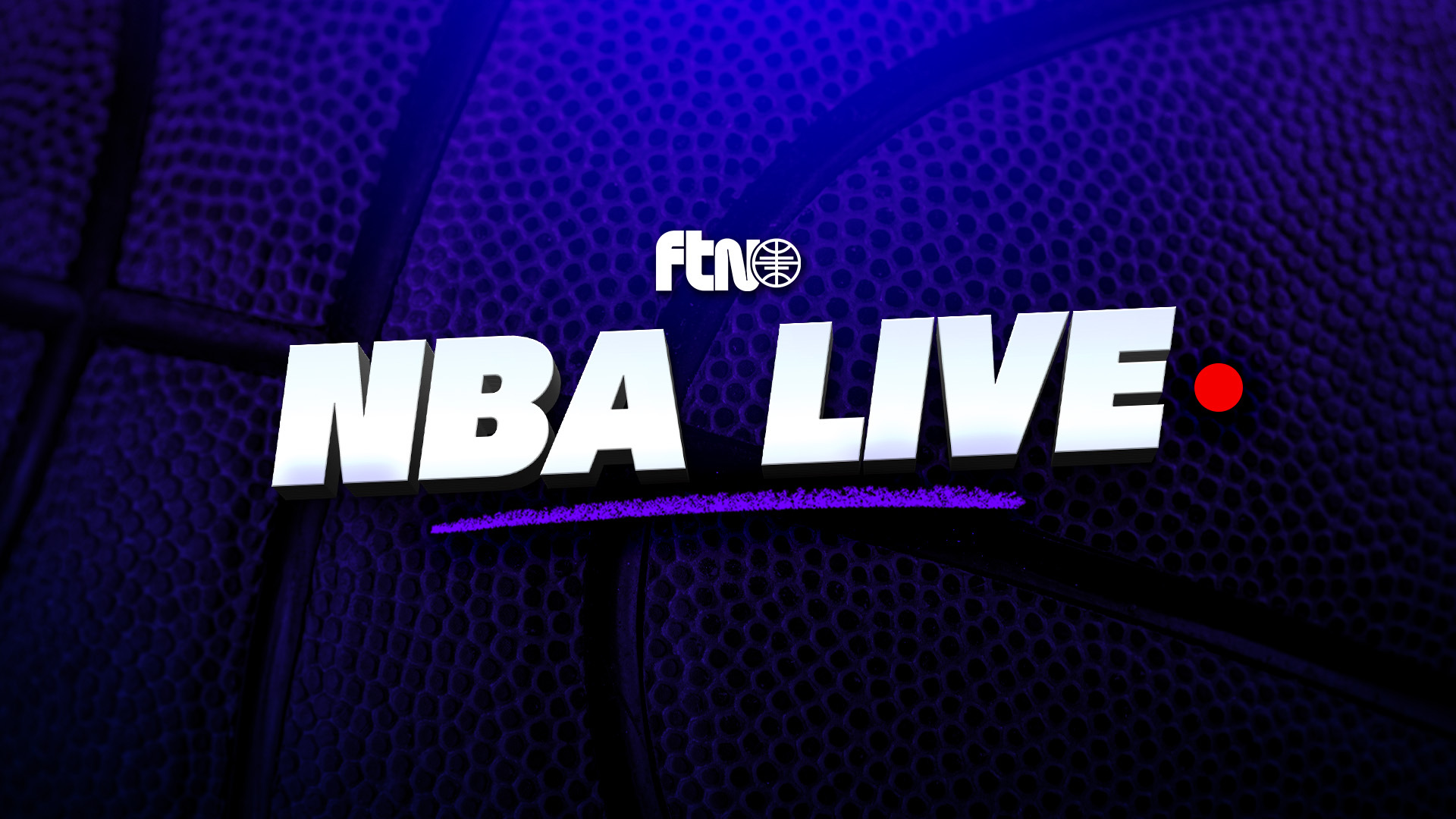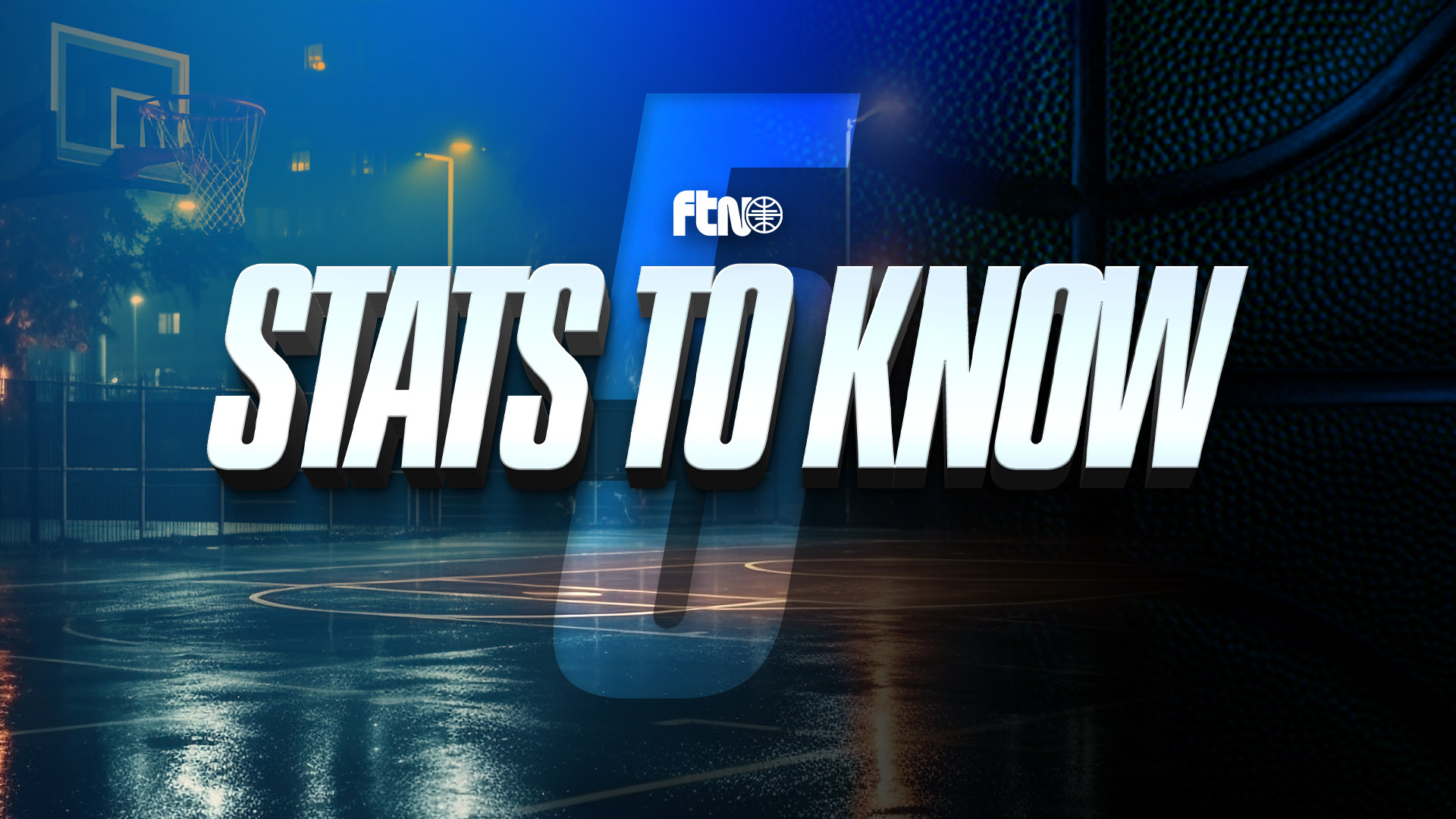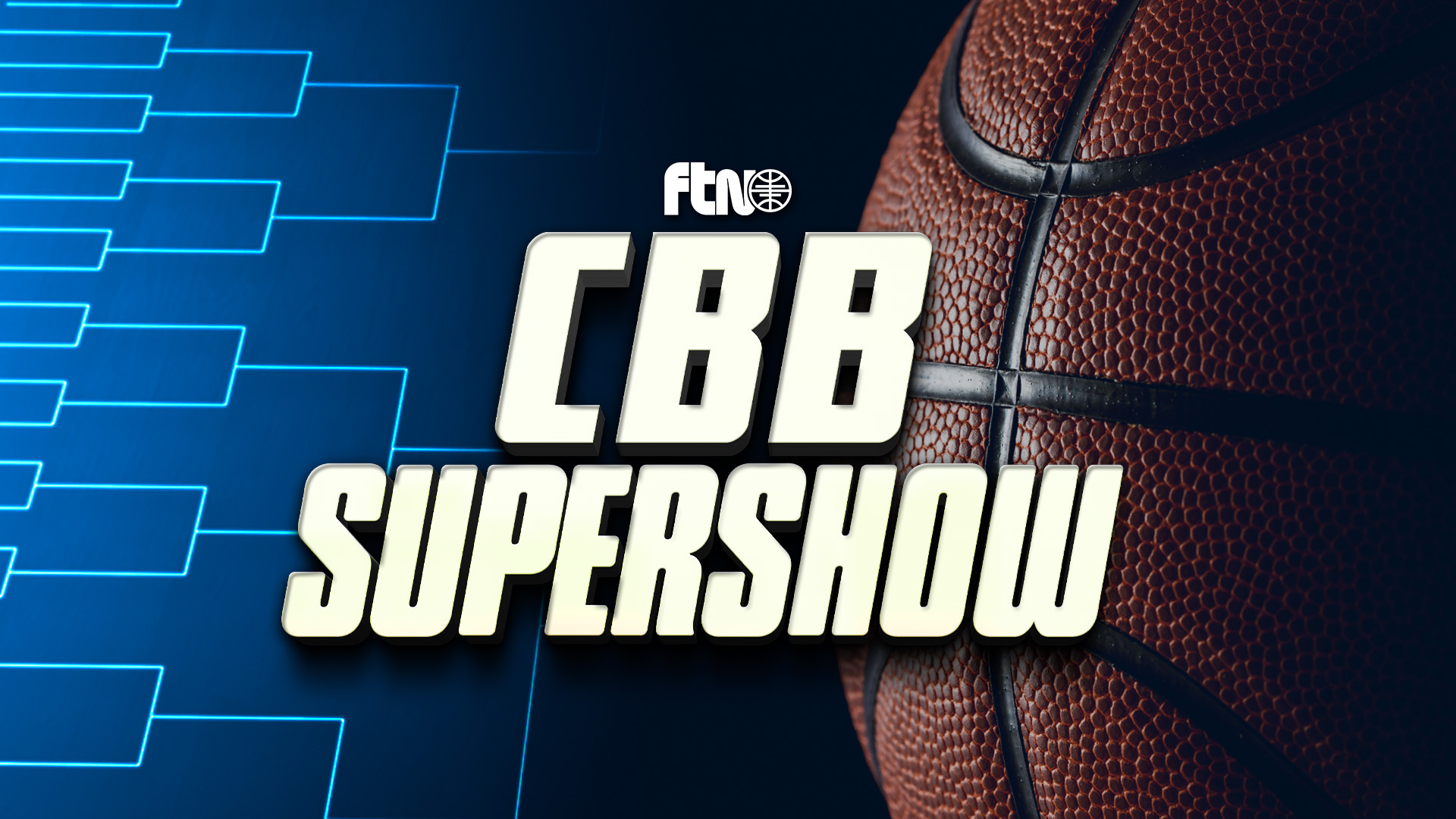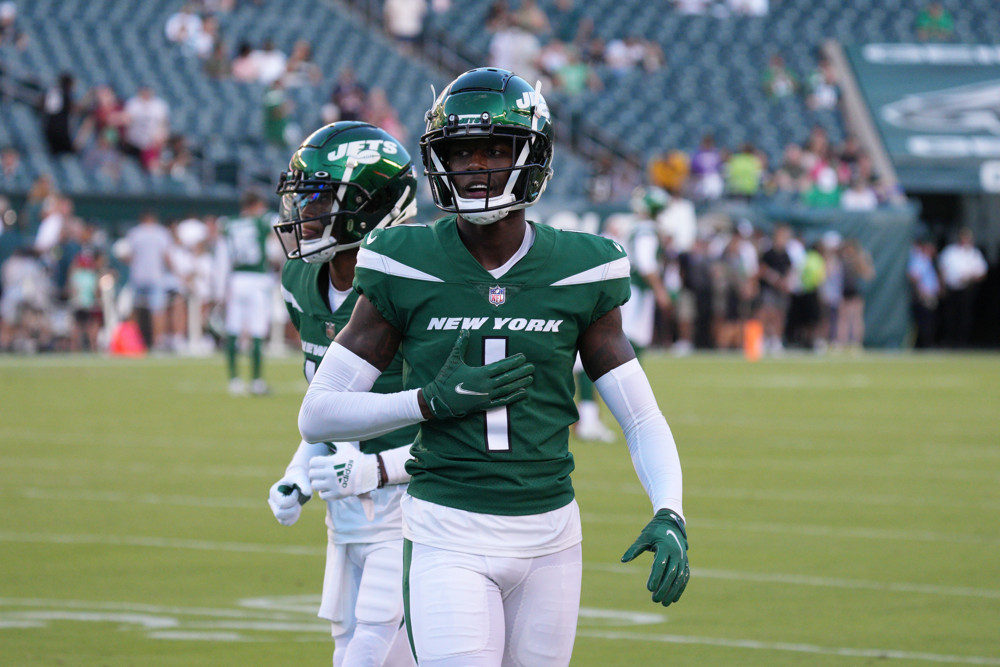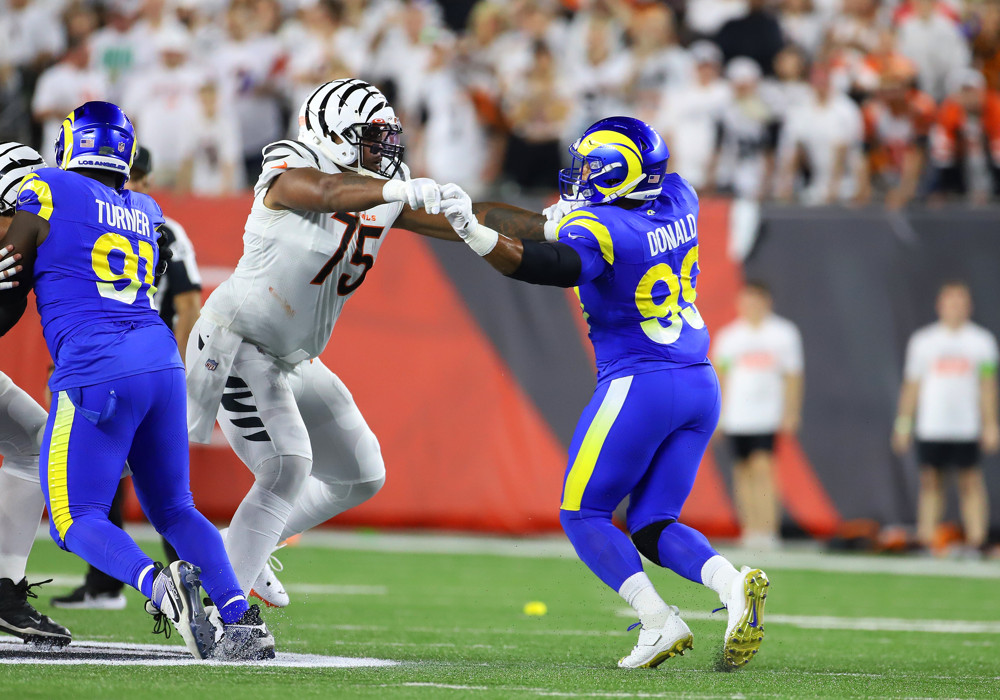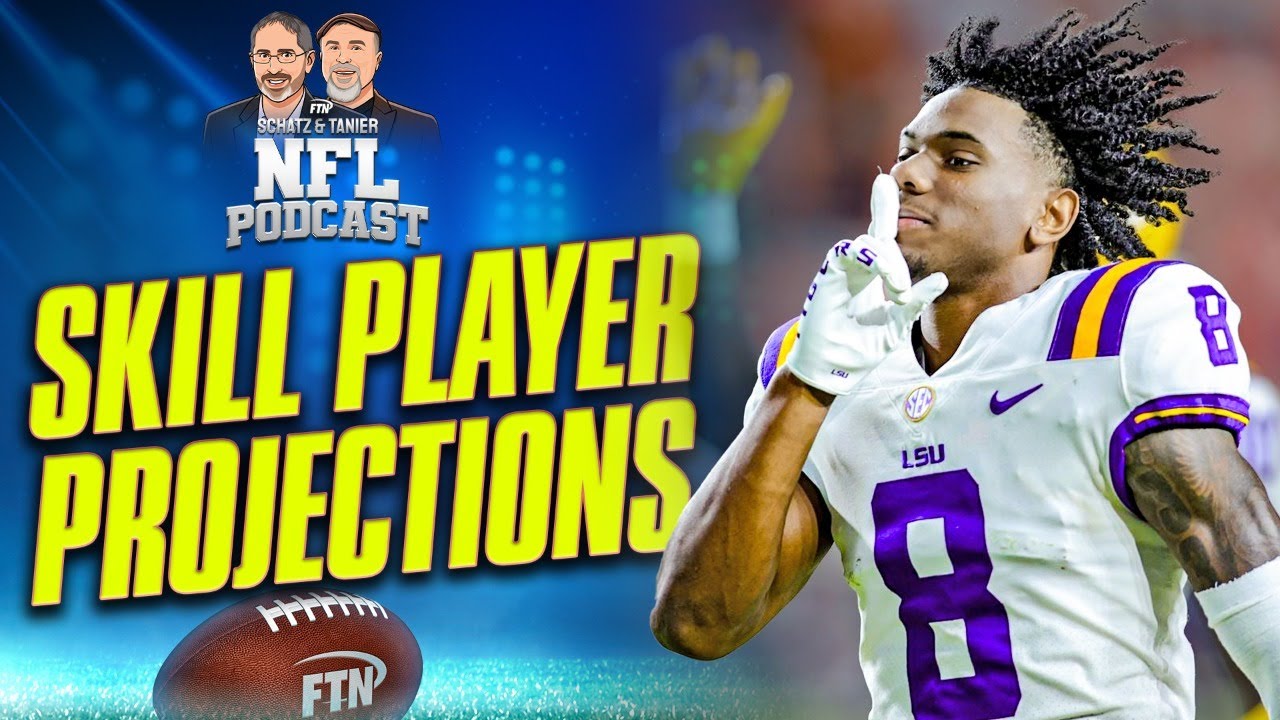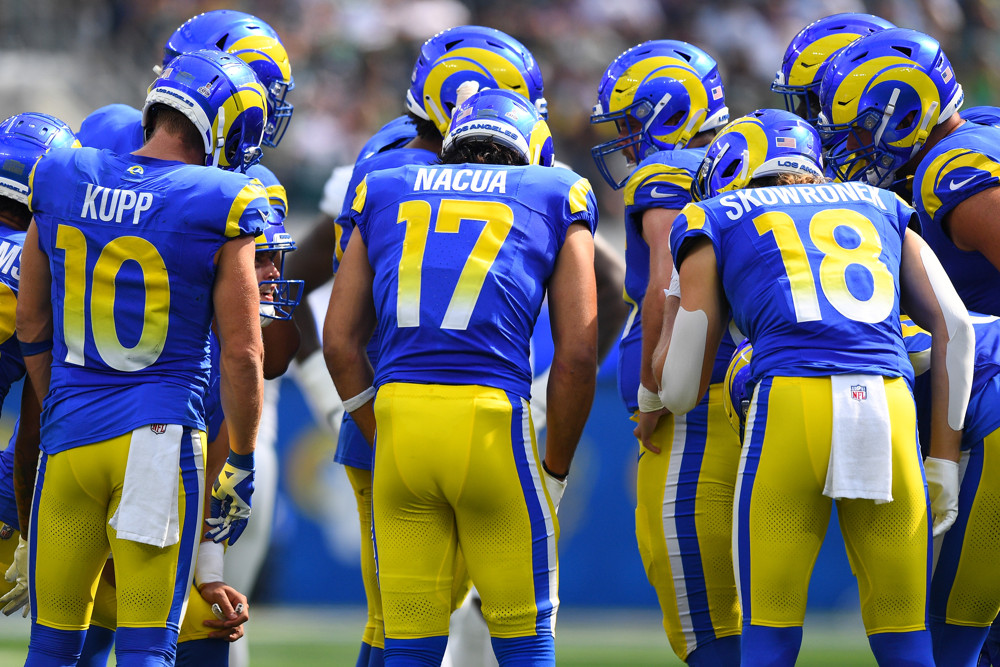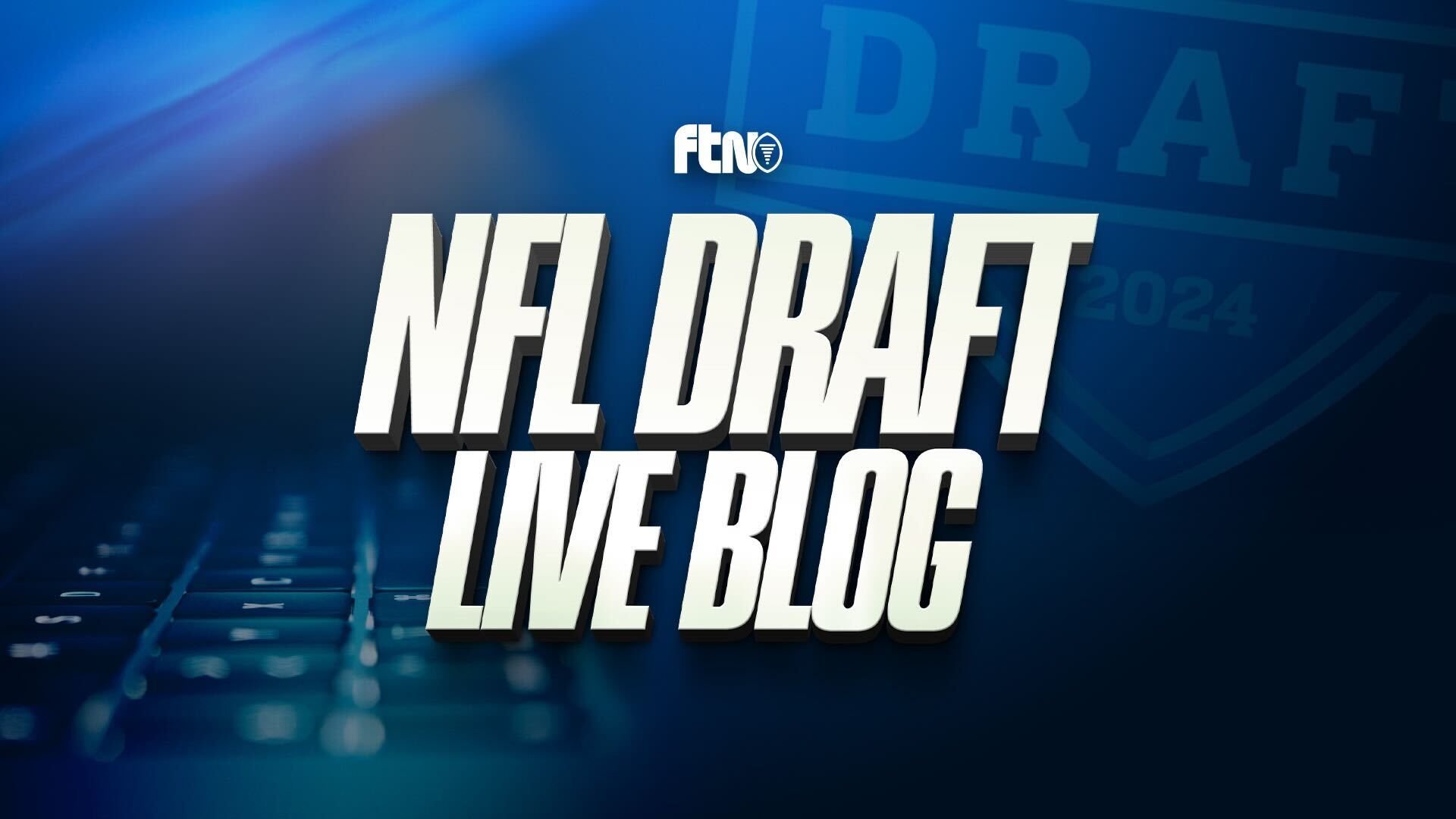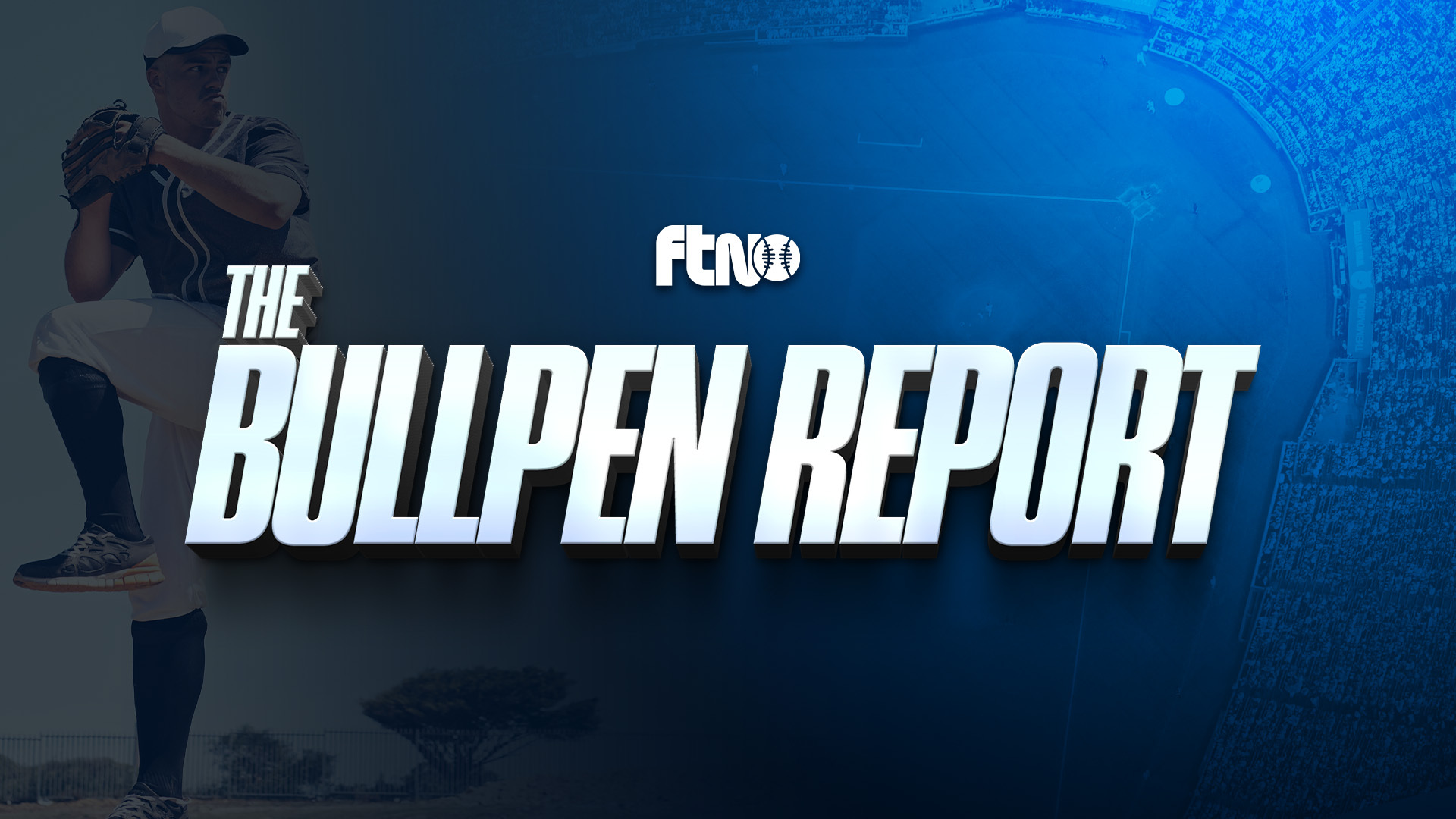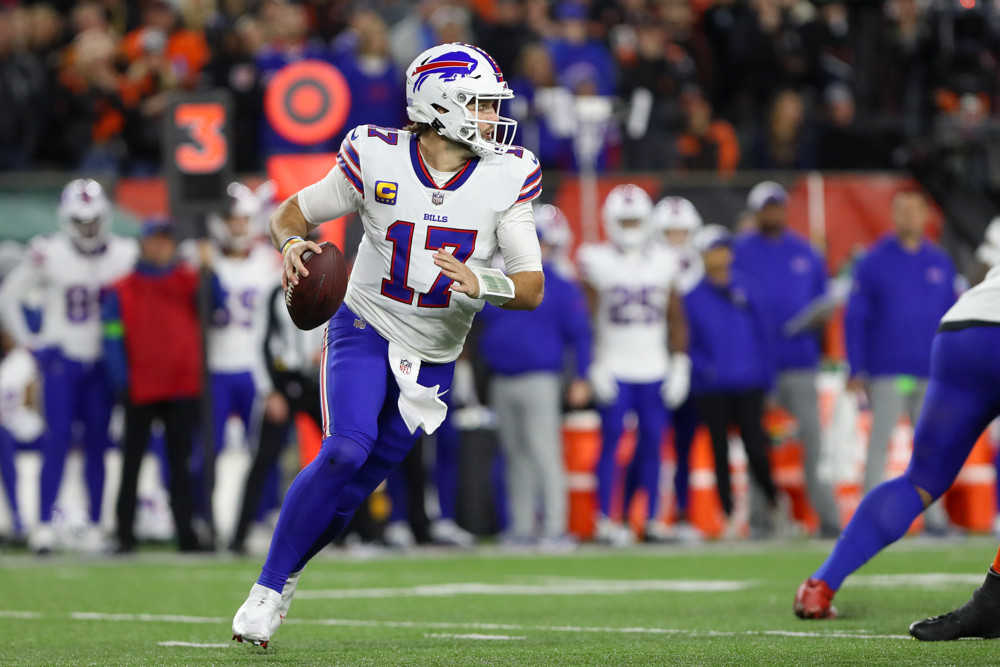
This was my fourth year as an official Associated Press voter for both the All-Pro team and the end-of-season awards. Each year, after the All-Pro team is officially announced, I write an article listing who I voted for at each position and giving some reasoning where appropriate. I’m going to do the same thing this year, but this year my votes are going to be a bit more controversial – especially at quarterback, since that’s a proxy for other things.
So I’m going to devote most of this article to explaining why I made the choice to leave Lamar Jackson off my All-Pro team. (I wrote this whole thing thinking I was going to be the only one, but it turns out that five of the 50 voters did not vote for Lamar Jackson for the first team, so I may not be the only one.)
TL;DR: I trusted my numbers and my gut over going with the crowd just to avoid controversy. Eighteen interceptions? I’ll address that below.
Let’s start by making a few things clear.
First of all, there is only room for two quarterbacks on the All-Pro team. There’s no shame in ranking third or fourth at the most important position in the game. The question is not “who is a good quarterback who had a great season?” and you get to list as many guys as you want. You only get two.
Second, it would have been really easy to just vote for Jackson as my first-team All-Pro. He had a really great season as the quarterback of the best team in the NFL. Obviously, he’s hugely important to Baltimore’s success. I knew Jackson would be chosen first-team All-Pro by the majority of voters and it’s easy enough to just go along with that and not stand out from the crowd. A few people might poke me on Twitter and say, “Hey, you’re the stats guy, don’t other quarterbacks have better stats than Jackson this season?” I would point to how good Baltimore is as a team, and I probably could come up with some good stat tidbits that point to why Jackson was the best quarterback in the league this year. (Bill Barnwell did a good job of that here.)
But I’m not on the Associated Press panel to go along with the group. I’m on this panel to give my personal, well-reasoned opinion on who should be on the All-Pro team or win certain awards. This is going to be tough because I know that a lot of people are going to be very critical. (I’ve already seen a lot of people on Twitter critical of Dan Orlovsky‘s MVP ballot after that became public – and he had Lamar Jackson No. 1!) But I decided I would feel worse if I voted in a way that didn’t really reflect my own research and opinions just to avoid taking abuse on social media.
Third, this is nothing against the Baltimore Ravens and I hope Ravens fans understand that there’s no animus towards their team coming from the guy who’s been shouting from the rooftops about how the Ravens are one of the best regular-season teams in NFL history and better than San Francisco no matter what the market Super Bowl odds say.
Finally, this isn’t a hot take. I’m not here for a hot take, and I’m not just trying to get attention. I voted for the players who I thought deserved the honors.
OK, so let’s break down my decision.
I started out with four quarterbacks who I felt were worthy consideration for my All-Pro team: Josh Allen, Lamar Jackson, Dak Prescott, and Brock Purdy.
Brock Purdy leads the NFL in nearly every quarterback metric, both standard and advanced. The 49ers had a historically great offense this year. For most of the season, it looked like Purdy was going to be only the fourth quarterback (and fifth season) to finish the year with a passing DVOA over 50%. He faltered a bit at the end of the season, especially against Baltimore, but still ended up far ahead of the rest of the league in DVOA.
And yet, as Derrik Klassen said to me, the guy might be the fifth-best player on his own offense.
When it comes to Purdy’s value, I’m still stuck on the fact that Jimmy Garoppolo led qualifying quarterbacks in passing DVOA in 2022. His 30.4% DVOA was not as high as the 42.5% that Purdy had in 2023. There’s no question that Purdy is the best quarterback who has run the Shanahan offense since Shanahan got to San Francisco. And yet… look at what happened to Jimmy Garoppolo in Las Vegas. If Garoppolo could be that good in San Francisco, with that scheme and those teammates, what does that say about the amount of help that Purdy is getting?
And yes, there’s a bit of an eye test going on here. It matters to me that people who scout quarterback performance believe that while Purdy is much better than his original draft position, he is not playing the position at the level of Patrick Mahomes, Josh Allen, Dak Prescott, or Lamar Jackson. They feel the same way about Tua Tagovailoa and Jared Goff, and I did not consider them for my All-Pro votes.
So we get down to Josh Allen, Lamar Jackson, and Dak Prescott. And there’s no question, Lamar Jackson‘s season was impressive. I trust the film study people who believe he has never been better as a passer, even if his numbers were better in 2019. He’s processing better. He’s throwing the ball better. He’s hitting those tough throws outside the numbers better. Lamar Jackson passes the eye test.
But Josh Allen and Dak Prescott pass the eye test as well. These are all talented quarterbacks. I’m a stat guy. I’m going to look at stats.
There’s no question that by nearly every advanced metric you could look at, Josh Allen and Dak Prescott had better seasons than Lamar Jackson.
Let’s start with my own numbers here at FTN. Josh Allen narrowly finished second behind Brock Purdy in adjusted total DYAR. I adjust the DYAR to reflect the fact that 1 DYAR of quarterback rushing is worth more than 1 DYAR of quarterback passing. That should help Lamar Jackson in the numbers. But he wasn’t the most valuable quarterback rushing the ball this year. Josh Allen was. So there’s a big gap in adjusted DYAR between Josh Allen and Brock Purdy and then everyone else. But Dak Prescott was fourth and Lamar Jackson was seventh.
OK, perhaps you want to look at DVOA instead, value per play instead of total value. That presents a problem, because passing DVOA only compares pass plays to other pass plays. We want to look at a quarterback’s total value so we can account for Jackson (and Allen) rushing. So instead of just looking at passing DVOA, I looked at team DVOA when a certain quarterback was making the play. That puts passing and rushing on equal footing, comparing both to all plays.
When Lamar Jackson passed or ran with the ball, Baltimore had 32.0% DVOA. That put him sixth among quarterbacks. It’s higher than Prescott, who comes out only 11th at 25.4% DVOA. It also puts him significantly behind Allen, who was second with 39.1% DVOA. Purdy is way, way ahead of everyone else.
OK, so what if we look at some stats besides DVOA? I’m not necessarily right about everything, and DVOA has its flaws. So we look at other stats… which nearly all have Allen and Prescott ahead of Jackson. EPA? Prescott and Allen are higher. Kevin Cole’s adjusted EPA, which tries to account for everything from receiver drops to schedule strength to YAC over expectation? Prescott and Allen are higher. ESPN QBR? SIS Total Points? Yep. PFF grading? That too. How about Win Probability Added? Prescott is first, Allen is second, and Jackson is eleventh.
Here’s a look at 10 different stats with all four quarterbacks. You can see how Purdy, Allen, and Prescott are all ahead of Jackson in most everything.
| Top Quarterbacks of 2023 in 10 Different Advanced Metrics | |||||
| QB | Adj DYAR | Pass DVOA | Team DVOA | PFF | SIS Tot Pts |
| Allen | 1674 (2) | 20.8% (5) | 39.1% (2) | 91.3 (1) | 161 (1) |
| Jackson | 1205 (7) | 18.9% (7) | 32.0% (6) | 90.3 (3) | 119 (4) |
| Prescott | 1347 (4) | 18.3% (8) | 25.4% (11) | 90.8 (2) | 154 (2) |
| Purdy | 1708 (1) | 42.5% (1) | 60.8% (1) | 88.4 (4) | 114 (8) |
| QB | EPA | Adj EPA | DAKOTA* | WPA | ESPN QBR |
| Allen | 145.6 (3) | 135.1 (2) | .145 (3) | 3.97 (2) | 69.3 (3) |
| Jackson | 91.4 (8) | 66.7 (10) | .119 (9) | 2.09 (11) | 65.1 (4) |
| Prescott | 177.6 (1) | 143.6 (1) | .164 (2) | 4.42 (1) | 72.6 (2) |
| Purdy | 176.9 (2) | 131.3 (3) | .204 (1) | 3.22 (4) | 72.8 (1) |
| *EPA/CPOE composite from RBSDM.com | |||||
Now, there’s something we’re not accounting for here. We know that mobile quarterbacks improve the efficiency of their running backs by drawing the attention of the defense. I first studied this way back in 2007. There’s no question that Lamar Jackson is one reason why the Ravens had the No. 1 run offense DVOA, even on plays where he hands the ball off. I don’t know how much to account for that. Kevin Cole estimates that it is worth about 5-15 expected points added. But here’s the thing – this is also true of Josh Allen! Allen’s mobility improves the efficiency of the Bills running backs too. If we’re going to adjust Jackson, we have to adjust Allen at least partly.
Jackson does have one important thing going for him as far as the voting, which is that his best games took place on national television against the Ravens’ most difficult opponents in the final weeks of the season. That Miami performance was, in fact, incredible. But Jackson had some bad games too, and more mediocre games than Prescott or Allen. Ben Baldwin ran these charts on Twitter, and I hope he does not mind that I am presenting them here. These don’t give DYAR, so they aren’t adjusted for opponent, but they do give an average of PFF grade and EPA, so you get the basic idea. Here’s Lamar Jackson week-by-week:

There are a lot of games there between 50th and 70th percentile, especially near the beginning of the season. Big Baltimore wins like Cleveland (Week 4) and Seattle that came more because of a team effort than because of a fantastic Lamar Jackson performance. Or, look at the Arizona game, which wasn’t on national television. Jackson had only 157 passing yards for 5.8 yards per attempt with one touchdown and took four sacks.
Here’s the same chart for Josh Allen, which has a lot more games that appear very high up on the percentile axis:

And now the Dak Prescott chart, which has a lot of high games but also a couple of real stinkers against the Cowboys’ most difficult opponents:

There’s one more reason here to go with Jackson and that’s the idea that he lifted the team around him. Of course he did, I just think Josh Allen and Dak Prescott lifted the teams around them at a similar level. Baltimore and Buffalo did similarly in ESPN’s pass block win rates. Dallas was surprisingly a bit lower but their offensive line is theoretically the best of the three when healthy. Receivers? Yes, Jackson had to overcome the loss of Mark Andrews. That’s a big loss. However, I think there’s a good case that Baltimore’s top three wide receivers are better than Buffalo’s top three wide receivers. Stefon Diggs clearly declined this year. Gabriel Davis’ performance is, shall we say, mercurial. Khalil Shakir is nice but I think we would all rather have Rashod Bateman. As for Dak Prescott, well, CeeDee Lamb is the best receiver on any of these three teams, so he had a good amount of help there.
I looked at all this data. I tried to make the case for Lamar Jackson. I tried very hard to convince myself that I felt he was the guy. And I just could not do it. He had a great season. He’s a very good quarterback. I simply do not believe he was the best quarterback in the NFL this year, even though he led the best team.
So now I came down to Dak Prescott and Josh Allen. The stats that have Prescott higher are almost all not adjusted for schedule, although Kevin Cole’s adjusted EPA is an exception. My stats, which are adjusted for schedule, come out with Allen higher, because Dallas played the easiest schedule of opposing pass defenses in the league this year.
So that leaves one more question. “Hey moron, what about the 18 interceptions?”
Yes, Josh Allen threw 18 interceptions. Did you know that all those interceptions are already accounted for in all those advanced metrics that I listed in the table above? Nobody is ignoring the interceptions. The issue here is:
a) Josh Allen‘s positive plays were worth so much more than his negative plays that he ends up with the most production despite the interceptions;
b) Josh Allen‘s interceptions weren’t as bad as you think they were because so many of them came way downfield; and
c) Josh Allen didn’t have as many negative plays as you think he had because sacks are also negative plays and he had the lowest sack rate in the league.
Regarding the distance of Allen’s interceptions, the average depth of target on Allen’s 18 picks was 26.4 yards. That is by far the longest average distance on interceptions of any quarterback who threw at least 10 of them. Jordan Love‘s picks averaged 22.5 yards downfield. Jalen Hurts was at 20.0 yards. Every other quarterback was lower than that. Brock Purdy was actually the lowest, with his 11 picks coming an average of 9.7 yards downfield. Those are some costly picks. The closer to the line of scrimmage, the worse the change in field position value.
Where Jackson had his best games near the end of the season on national television, Allen threw two picks and fumbled in the final week of the season on national television. That makes me look like even more of a dumbass! But you pick your All-Pros based on a 17-game season, not a single game at the end that everyone happened to be watching. Oh, and one of those interceptions was on fourth down and actually improved field position for the Bills defense on the next drive. Plus, Allen (with some help from special teams) overcame those mistakes and won the game, leading his team to the No. 2 seed in the AFC.
The typical response to this will be that I’m a numbers geek who only cares about stats. I’m not watching the games, I’m only interested in the numbers. Well, here’s the thing. Eighteen interceptions is also a number. It’s a stat! If that’s your comeback, your big reason for not thinking Josh Allen was an All-Pro in 2023, then you are also depending on numbers rather than watching the man play and seeing how much he did to lift the Buffalo Bills. But you’re depending on a very basic number instead of looking at advanced metrics that account for just how much each interception cost Allen’s team. Interception totals are a blunt weapon, not a precision tool.
There are advanced metrics that have Allen higher and advanced metrics that have Prescott higher. In the end, I went with DVOA. That’s my stat, it’s what I’m known for. I chose Allen as my first-team All-Pro quarterback. Dak Prescott is on my second team.
Well, that was a lot of words about one position. I’ll run the rest of my ballot here, and if you have questions about why I chose certain players, I suggest that you hit me up on social media. I’m on both Threads and Twitter @ASchatzNFL. The first player (or group of players with semicolons) is my first team and the second player (or group of players) is my second team.
OFFENSE
Quarterback: Josh Allen, BUF and Dak Prescott, DAL
Running Back: Christian McCaffrey, SF and Raheem Mostert, MIA
Fullback: Kyle Juszczyk, SF and Patrick Ricard, BAL
Wide Receiver (3): Tyreek Hill, MIA; CeeDee Lamb, DAL; Brandon Aiyuk, SF and A.J. Brown, PHI; Nico Collins, HOU; Amon-Ra St. Brown, DET
Tight End: George Kittle, SF and Travis Kelce, KC
Left Tackle: Trent Williams, SF and Laremy Tunsil, HOU
Left Guard: Joe Thuney, KC and Tyler Smith, DAL
Center: Jason Kelce, PHI and Creed Humphrey, KC
Right Guard: Shaq Mason, HOU and Zack Martin, DAL
Right Tackle: Lane Johnson, PHI and Penei Sewell, DET
DEFENSE
There were some really hard choices here. Three edge rushers I wanted to pick for the first team, three safeties I wanted to pick for the first team, numerous excellent cornerbacks, and so on. For the first time, the AP All-Pro team includes a specific slot cornerback position.
Edge Rusher (2): Micah Parsons, DAL; Myles Garrett, CLE and T.J. Watt, PIT; Nick Bosa, SF
Interior Lineman (2): Justin Madubuike, BAL; Chris Jones, KC and Ed Oliver, BUF; Quinnen Williams, NYJ
Linebacker (3): Roquan Smith, BAL; Fred Warner, SF; Demario Davis, NO and Quincy Williams, NYJ; Jeremiah Owusu-Koramoah, CLE; Foyesade Oluokun, JAX
Cornerback (2): Jaylon Johnson, CHI; Ahmad Gardner, NYJ and L’Jarius Sneed, KC; Denzel Ward, CLE
Slot Corner: Kenny Moore, IND and Michael Carter, NYJ
Safety (2): Antoine Winfield, TB; Kyle Hamilton, BAL and Jessie Bates, ATL; Justin Simmons, DEN
SPECIAL TEAMS
I’ll give a couple of short explanations here. Brandon Aubrey of the Cowboys lost his place on my team with a missed field goal and a blocked field goal in Week 18. That dropped him to sixth in our FG/XP values. Sorry, Brandon.
Picking a kick returner is hard because nobody returns kicks anymore. I went with a more consistent KaVontae Turpin over a couple of guys who just happened to have touchdowns. As for Keisean Nixon of the Packers, he led the NFL in kick return yards solely because he returns so many more kickoffs than everyone else! Nixon had 30 returns, Xavier Gipson of the Jets had 22, and nobody else had more than 18! Nixon’s value over average on returns was only +1.1 points.
Kicker: Jake Elliott, PHI and Harrison Butker, KC
Punter: AJ Cole, LV and Bryan Anger, DAL
Kick Returner: KaVontae Turpin, DAL and Dameon Pierce, HOU
Punt Returner: Rashid Shaheed, NO and Marvin Mims, DEN
Special Teamer: Jalen Reeves-Maybin, DET and Josh Hayes, TB
Long Snapper: Ross Matiscik, JAX and Andrew DePaola, MIN




